
Family gives update on baby after brain dead woman was kept alive to give birth due to abortion law

The mother of Adriana Smith, an Atlanta woman who was declared brain dead while pregnant, has recently provided an update on the newborn child months after the mother’s life support was discontinued.
Adriana Smith, a registered nurse and expectant mother, experienced a sudden medical emergency in February 2025. Doctors at Emory University Hospital later determined that she was brain dead. However, because she was found to be approximately nine weeks pregnant, medical professionals felt legally compelled to keep her on life support.
This decision was influenced by the so-called ‘heartbeat bill,’ signed into law in 2019 by Governor Brian Kemp. The law prohibits abortions once fetal cardiac activity is detected, which typically happens around six weeks of pregnancy. Due to this legislation, Adriana was kept on life support despite her brain-dead diagnosis.
Eventually, Adriana gave birth to a baby boy via emergency cesarean section on June 13, 2025. Four days later, on June 17, her life support was switched off. The newborn son was named Chance, weighing only 1 pound and 13 ounces at birth—a very fragile start.
In a recent update, Adriana’s family shared that Chance continues to fight for his life. His mother, April Newkirk, revealed that he now weighs just under 5 pounds, showing some progress but still facing significant health challenges. It is anticipated that Chance might be able to leave medical care by late September or early October, depending on his recovery.
"His weight is gradually increasing, but the biggest concern remains his breathing," Newkirk explained on August 27, as reported by PEOPLE magazine. “He’s making small progress, but there’s still a long way to go.”
Newkirk had earlier asked for prayers and support, hoping Chance would grow up healthy and strong despite his difficult start.
Reflecting on the past few months, Newkirk described the experience as “torturous.” She told 11Alive, “Something has been taken away from us. It’s been very hard. I think about her every day, all the time.”
She expressed the emotional pain of watching her daughter kept alive on machines for over 90 days after being declared brain dead. “It’s torture for me. I see my daughter breathing, but she’s not really there. And her son—I bring him to see her,” Newkirk said.
The decision to keep Adriana alive was dictated by Georgia’s Life Act, enacted after the 2022 overturn of Roe v. Wade. This law bans abortion in the state after six weeks of pregnancy unless there is a “medical emergency or medically futile pregnancy.” Though Adriana had suffered a severe medical emergency, doctors believed that turning off life support would violate this legislation.
This situation sparked debate among medical experts, lawmakers, and Smith’s family about the ethical implications of the heartbeat bill. Newkirk voiced her frustration with the law, stating, “I want them to know this didn’t have to happen. The law needs to be changed. It doesn’t just need an adjustment—it needs to be removed entirely. Women have rights; it’s their body.”
Emory Healthcare, where Adriana was treated, has stated that its medical staff makes decisions based on numerous factors including clinical expertise, medical literature, and legal guidelines. A spokesperson told ABC News, “The safety and wellbeing of patients and families remain our top priority. Our providers rely on consensus among clinical experts, medical literature, and legal advice to guide their recommendations.”
Due to patient confidentiality, Emory Healthcare declined to comment on specific cases.
The story of Adriana Smith and her newborn son Chance highlights the complex intersection of medical ethics, law, and personal tragedy in the post-Roe era. It raises critical questions about reproductive rights, the definition of life, and the responsibilities placed on healthcare providers in situations where laws may conflict with medical realities.
News in the same category


Orlando Bloom explains ‘horrible’ side effects his weight-loss transformation caused

A:dult star reveals the clause written into her contract that helps keep her safe
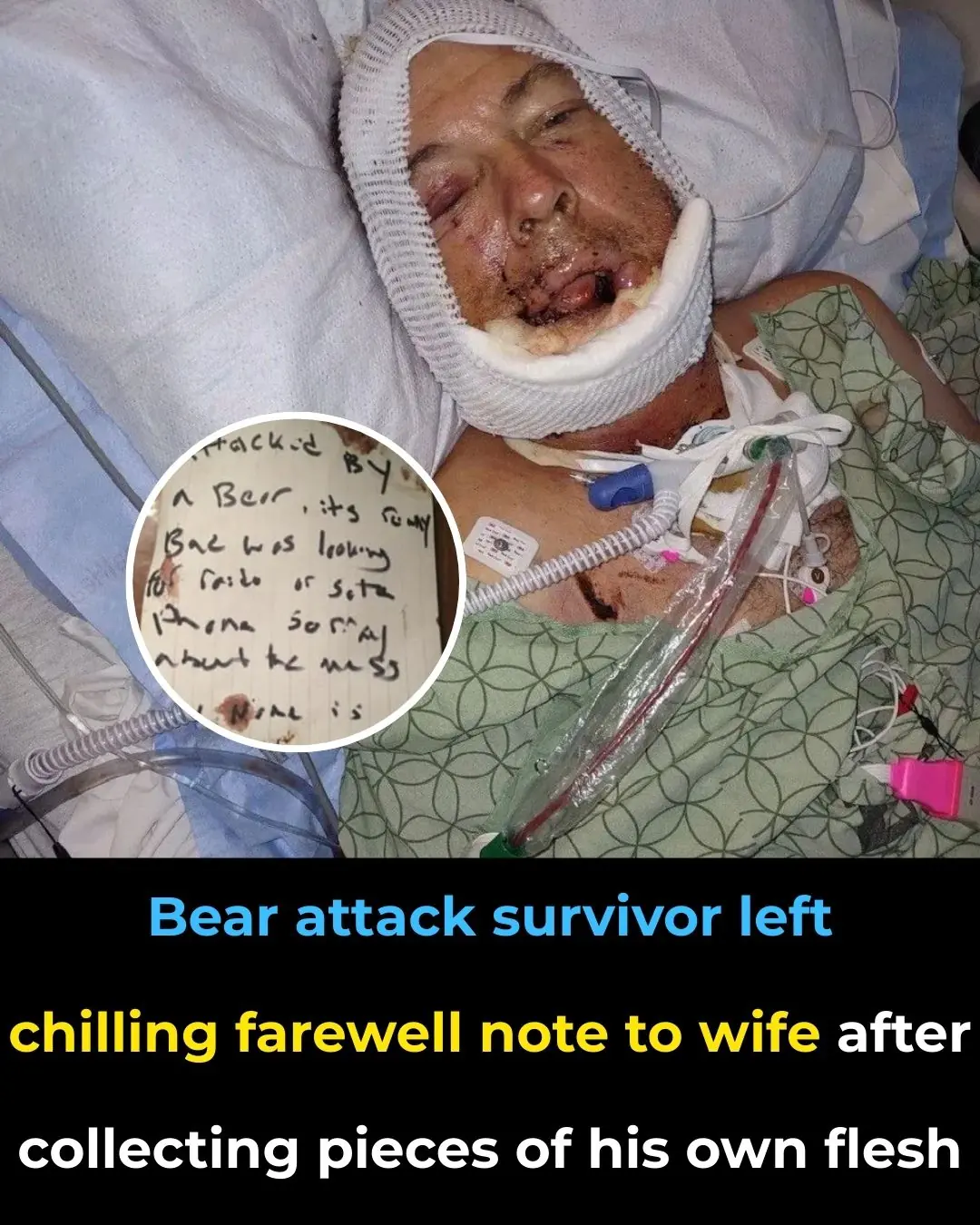
Bear Attack Survivor’s Haunting Farewell Note to Wife After Gathering Pieces of His Own Flesh

Ring Finger Longer Than An Index Finger

The Hidden Meaning Behind Thumb Rings for Women vs. Men

North Face Co-Founder Bought 2.2m Acres Just to Protect It

The hidden meaning of thumb rings: what they represent for women vs. men

What it says about your relationship when your partner sleeps with their back to you

The World’s Strongest Animal Isn’t an Elephant or Bear

Gordon Ramsay issues health warning after undergoing cancer surgery

Delta Pilot Spends Year’s Salary to Fly 112 Friends to Hawaii for Epic Retirement Sendoff

Unbelievable footage shows moment Ukraine blows up two key Russian bridges using their own mines amid WW3 fears

Apple’s iPhone Users Are Justifiably Concerned By The New Meaning Of The Orange Dot On Their Screens

Saw This Trick For Oven Cleaning

Shipwreck survivor who watched her friend get 3at3n by a shark recall the horrifying moment it all went wrong
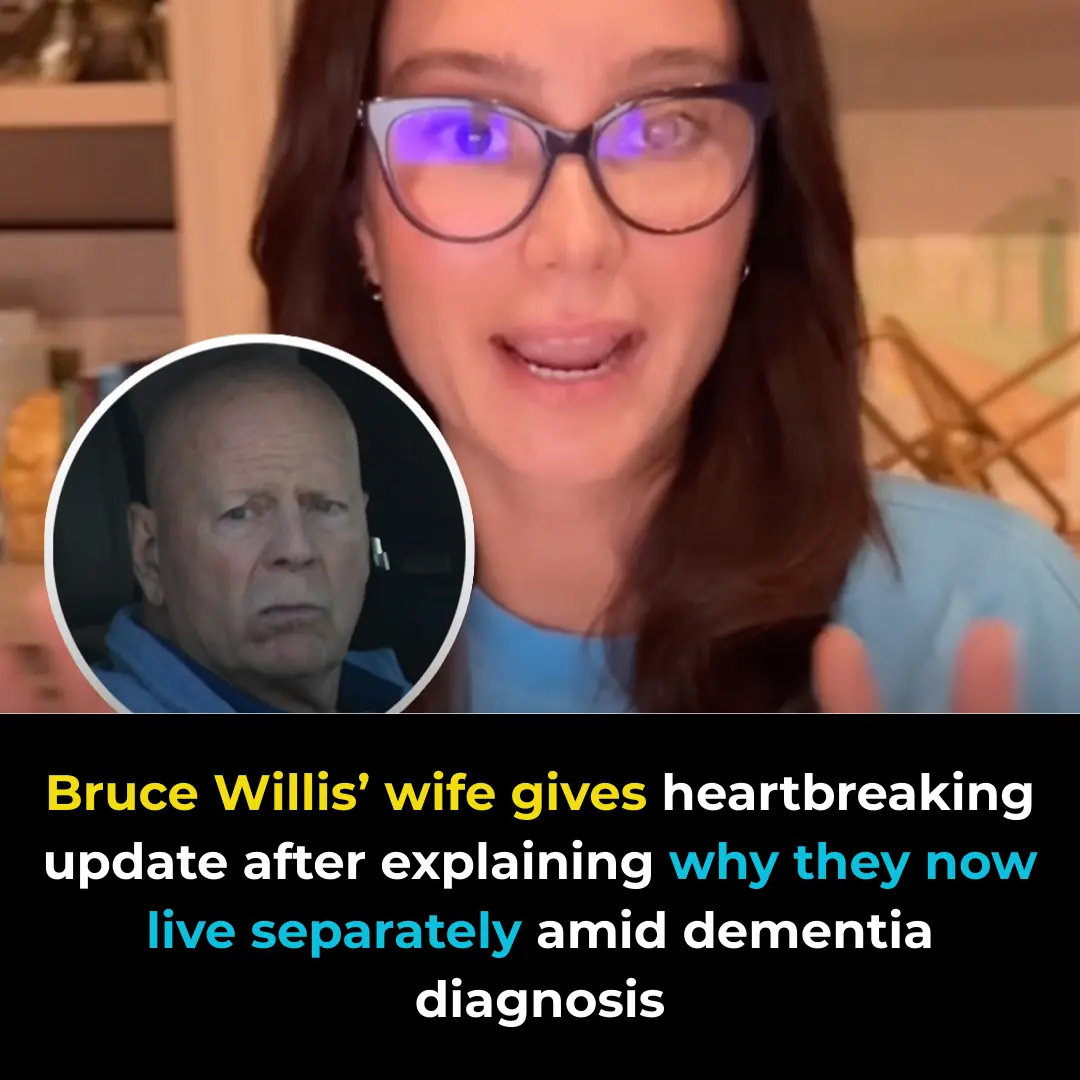
Bruce Willis’ wife gives heartbreaking update after explaining why they now live separately amid dementia diagnosis
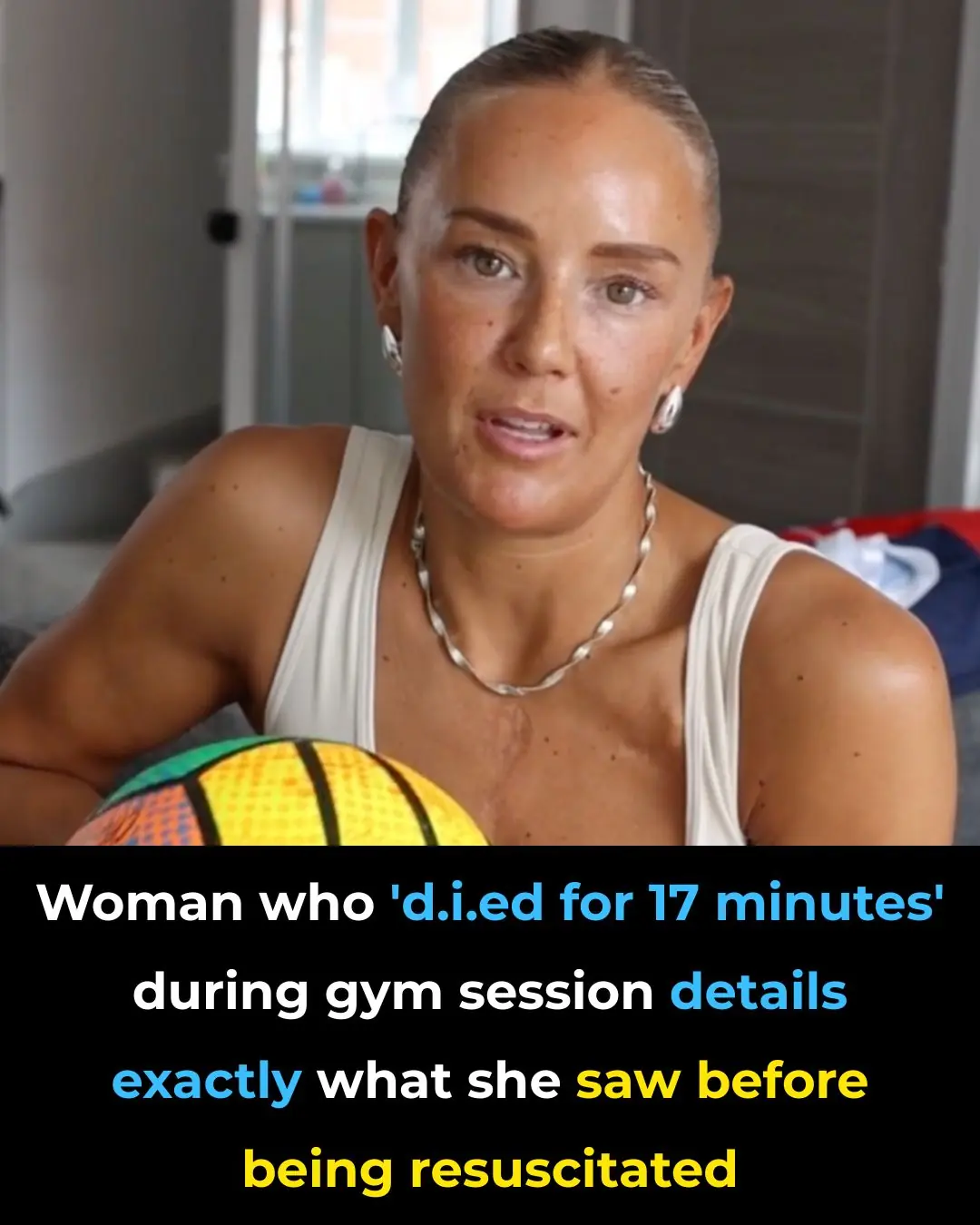
Woman who ‘died for 17 minutes’ during gym session details exactly what she saw before being resuscitated

Trump pictured for the first time after bizarre rumors of his d3ath broke internet
News Post

This Is What Happens to Your Body When You Start Eating Raw Garlic

What Those Red Spots on Your Skin Are Warning You About and How to Remove Them Naturally

Small Morning Habits That Many Overlook but Boost Blood Flow and Energy

How to use Onion juice & Onion Hair Oil for Hair Growth – Onion Benefits for Hair

What it says about your relationship when your partner sleeps with their back to you

Woman Urged to See Doctor After Spotting Concerning Line

Homemade Okra Face Gel – Collagen Gel for Glowing Skin

Groups of People Who Need to Avoid Eating Bread
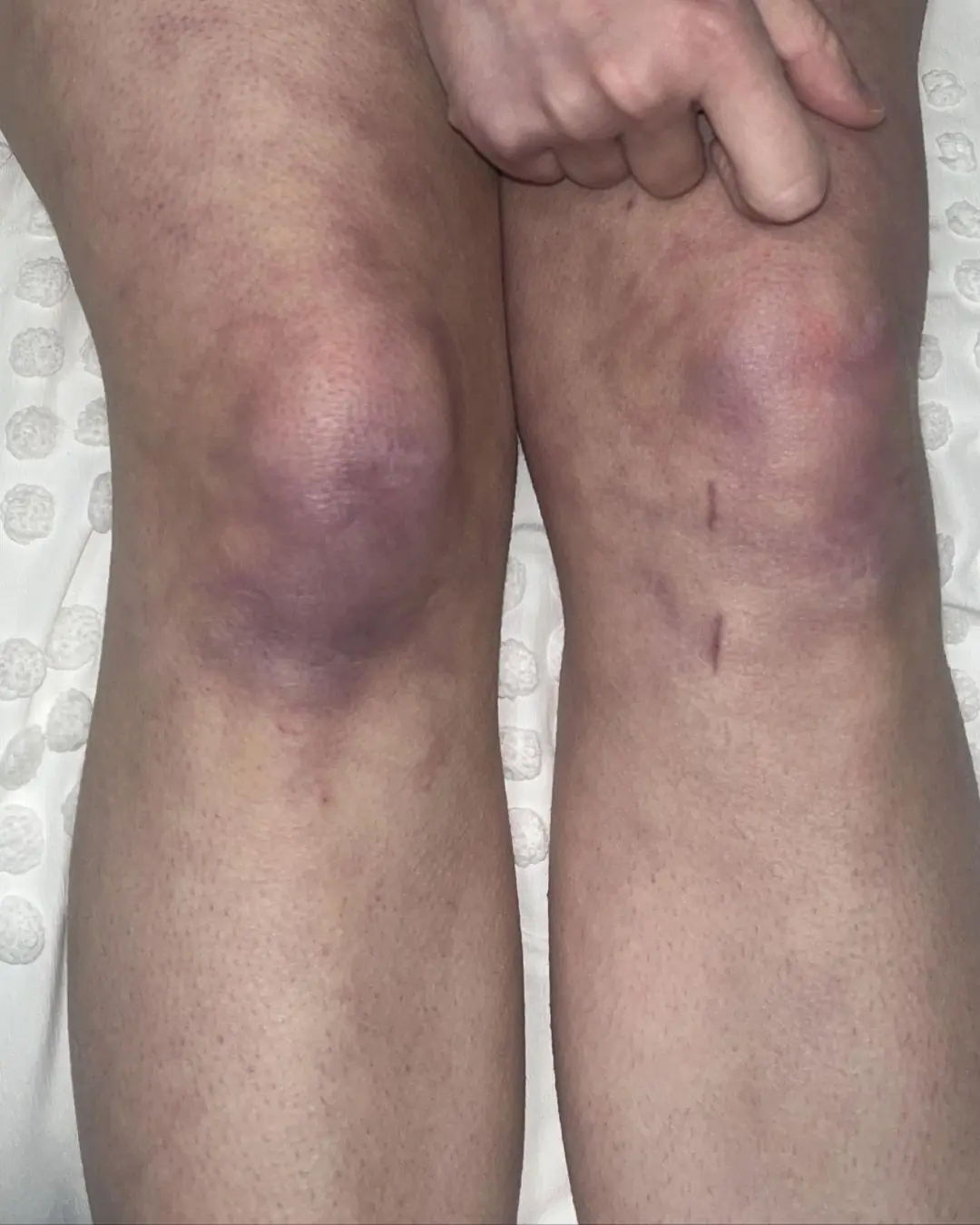
What those strange skin patterns might really mean

Should You Eat Rice for Breakfast
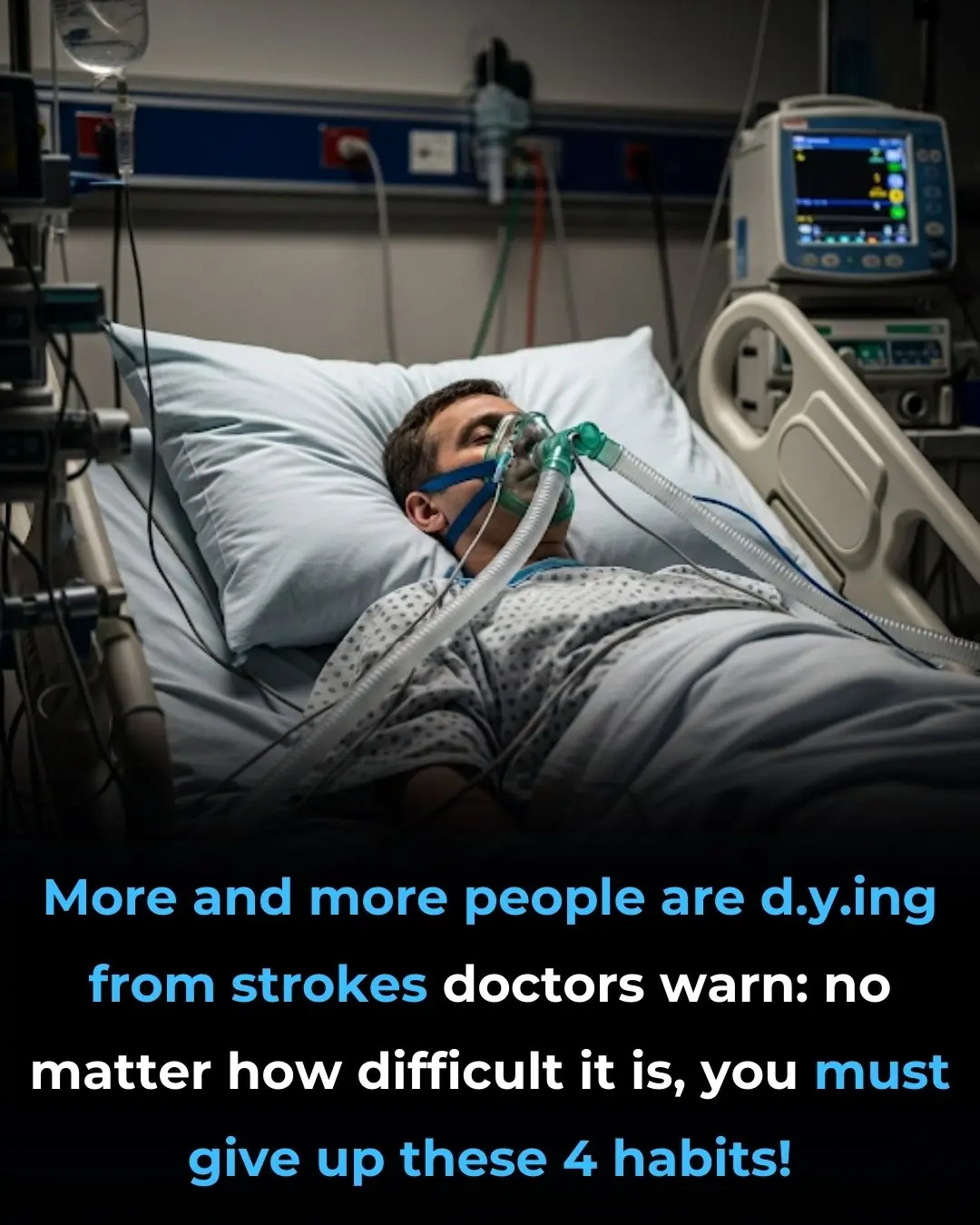
Preventing Stroke At Any Age: 3 “Don’ts” After Meals—And 4 “Don’ts” Before Bed

Why You Should Stop Using Petroleum Jelly On Your Skin (It’s a Byproduct of the Petroleum Manufacturing Process)
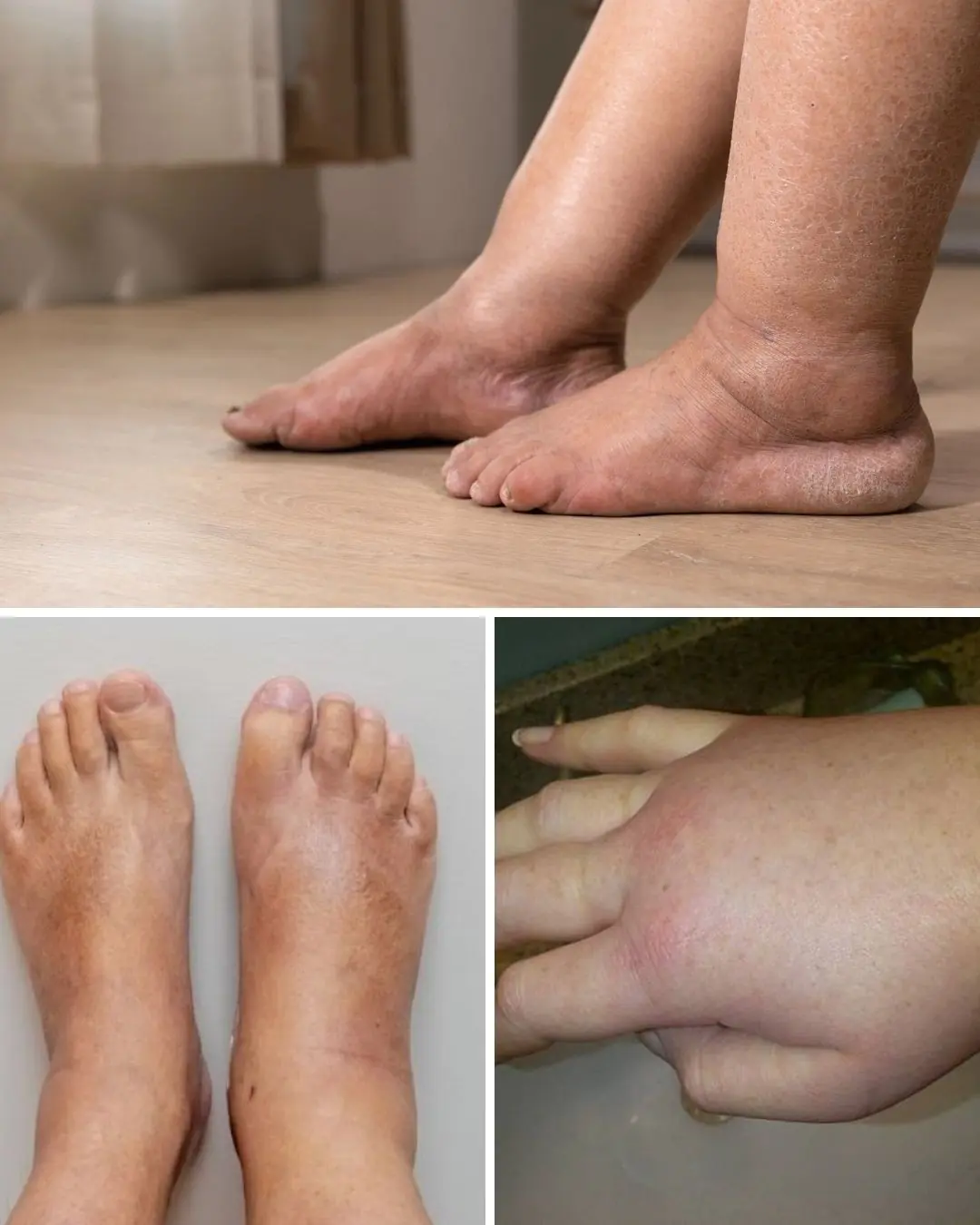
Foods that can ease swelling in hands and feet

iPhone users are just discovering 'life-changing' hidden feature that's 'so simple but so useful'
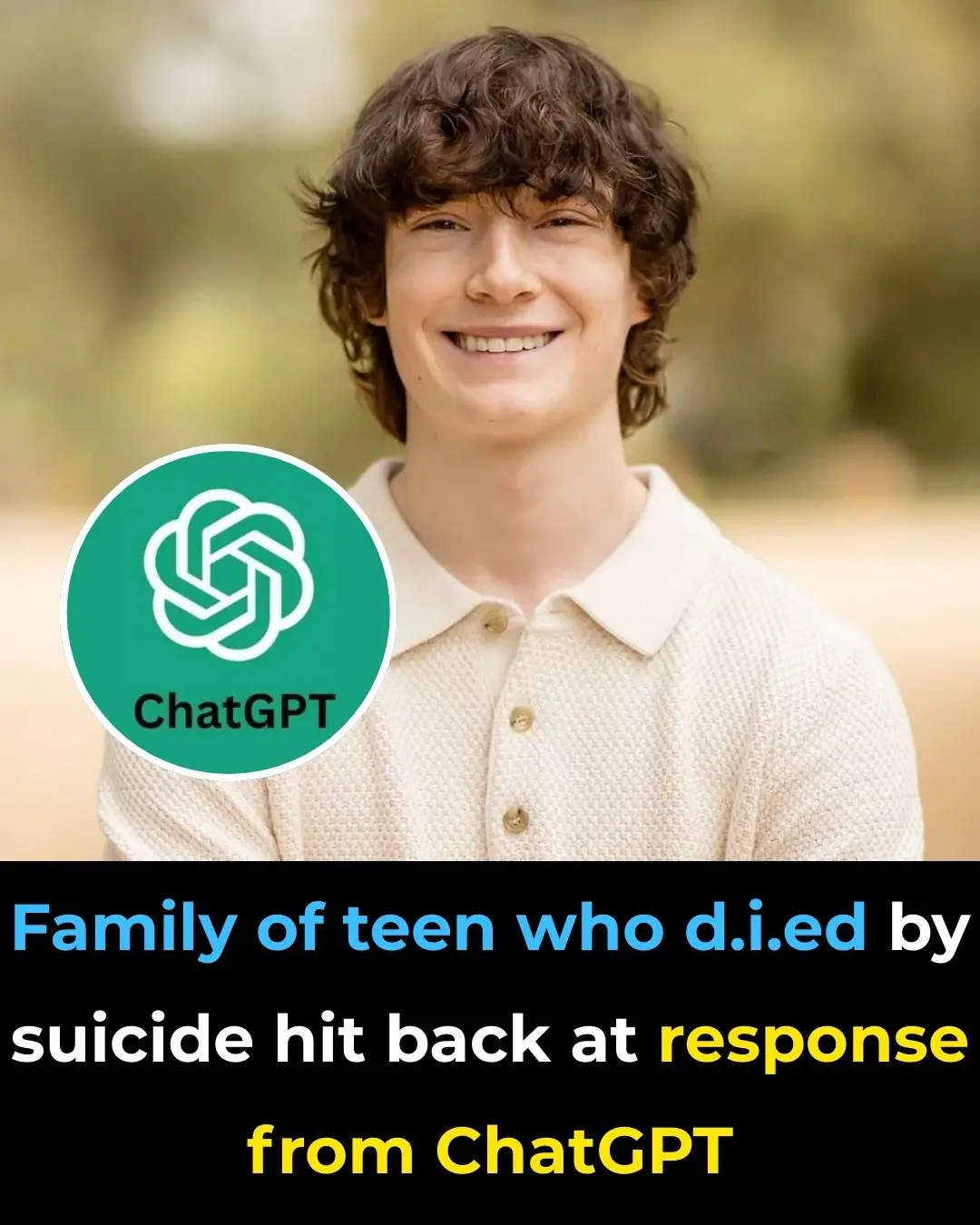
Family of teen who died by suicide hit back at response from ChatGPT

10 Amazing Benefits of Sumac You Need to Know
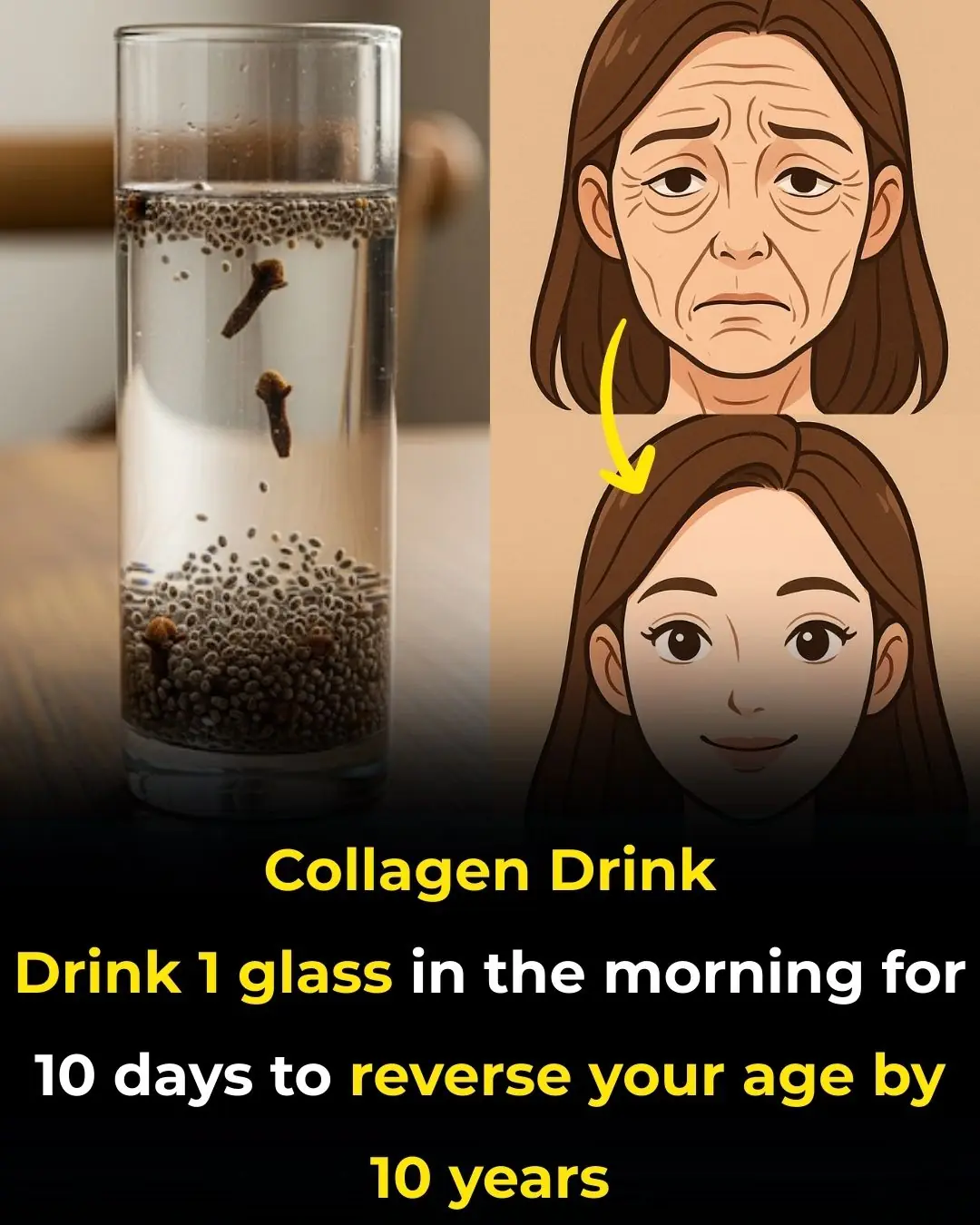
Clove Chia Collagen Drink: Boost Collagen With Every Drink

Keanu Reeves movie branded 'cinematic perfection' just landed on Netflix and fans are saying it's 'one of the best horror films of all time'

Putin issues blunt response to claims he's planning to attack Europe amid WW3 fears
